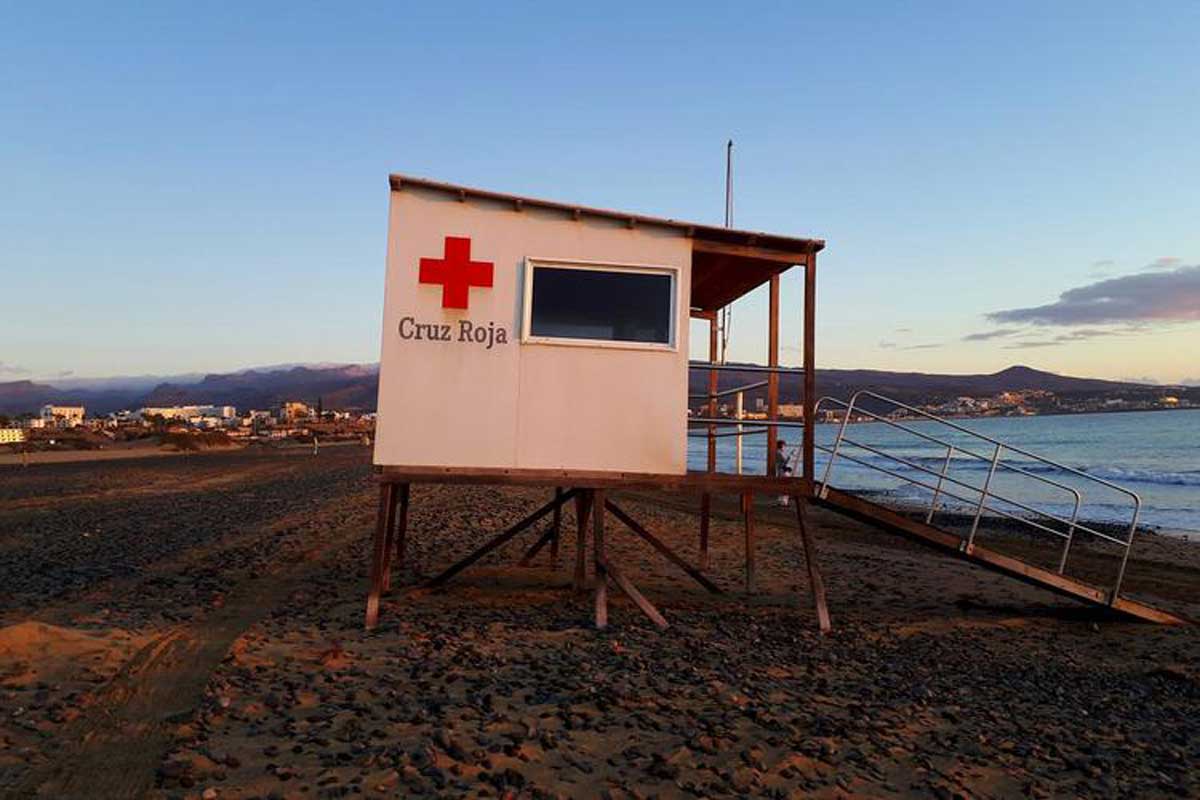Health officials around the world are warning travelers to ‘take precautions’ as the monkeypox virus spreads. Cases of infection with the new virus have been reported in North America, Australia, and several countries in Europe, including France, Belgium, and Italy.
Monkeypox is a rare virus that can spread through contact with skin, and body fluids, including those released during respiration, contact with contaminated materials, and medical instruments. Those infected with the virus may experience symptoms such as fever, headache, muscle aches, and swollen lymph nodes. The next stage occurs within 2-4 weeks – a rash all over the body. The rash usually goes through several stages before the crusts fall off.
Travelers should avoid:
– close contact with sick people, including with affected areas of the skin;
– contact with wild animals – both dead and alive, such as small mammals, including rodents (rats, squirrels), and primates, that is, monkeys;
-eating game meat (birds and animals) and using products made from African wild animals (creams, lotions, powders);
– contacts with contaminated materials used by sick people (clothes, bedding), equipment and tools in medical institutions, and materials with which infected animals have come into contact.
As of the end of last week, 92 laboratory-confirmed cases and 28 suspected cases of monkeypox had been reported to the World Health Organization from around the world.
Doctors suggest that pre-vaccination against smallpox may protect against the monkeypox virus.
The new virus is most prevalent in Central and West Africa, with none of the cases coming from dangerous regions where monkeypox is commonly found, including the Democratic Republic of the Congo and Nigeria.
According to experts, “the risk to the general population is low”, however, travelers should “seek medical attention immediately if a new, unexplained skin rash develops on any part of the body, with or without fever and chills, and avoid contact with others. people, that is, immediately go into quarantine.
Belgium became the first country to introduce a mandatory 21-day quarantine for monkeys with smallpox.

